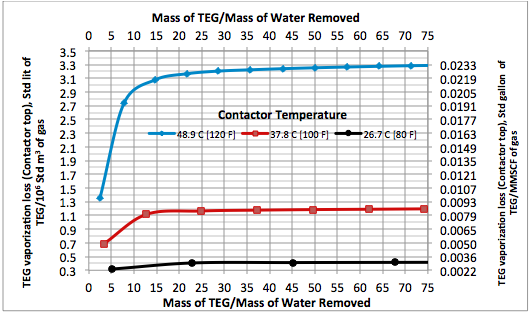

There are so many to choose from that a student can feel overwhelmed with the abundance of options. When looking for Prose Interpretation, start with what the student knows - what types of literature do they enjoy? What types of themes or ideas can they relate to? Short story collections, often called anthologies, are very prominent in bookstores or libraries. In short, while many categories have speci c interpretation focal points, Prose Interpretation is very wide open, and choices of material may vary from region to region or even tournament to tournament. Prose may have humorous elements embedded, much like Humorous Interpretation. Prose may also feature character development and dialogue, much like Dramatic Interpretation. Prose corresponds to usual patterns of speech - that which you would nd most every day in a particular space and time (in contrast to poetic form and language).Prose typically has a narrative with its related rises and falls, much like Storytelling. So what is prose? Prose combines multiple elements of oral interpretation of literature. Prose is often classi ed as the “other” category of interpretation.

When considering what event you should choose, or which direction to point a student when selecting an event, here are some traits of successful Prose students to keep in mind: Expressive, excellent verbal and physical control, emotional maturity, enjoys reading and performing, confident, engages an audience. Considerations for an appropriate piece include the student’s personality, maturity, physical and vocal performance range, and school standards.

Non- ction publications, such as essays, articles, and biographies, or works of ction, such as short stories and books, may be sources for Prose Interpretation. Students in Prose Interpretation may choose literature on topics that are serious, humorous, mysterious, thought- provoking - the key is to choose Prose that works for the individual student. Reading from a book or magazine is prohibited.Ĭonsiderations for Selecting Prose Literature: Students must use a manuscript in Prose, which typically consists of a small three-ring binder with page protectors. Students may not use poetry, nor drama (plays), in this category. Prose corresponds to usual (ordinary/common) patterns of speech and may combine elements of narration and dialogue. Typically a single piece of literature, Prose can be drawn from works of ction or non- ction. Using short story, parts of a novel, or other published work of prose, students provide an interpretation of one or more selections with a time limit of seven minutes, including introduction.


 0 kommentar(er)
0 kommentar(er)
